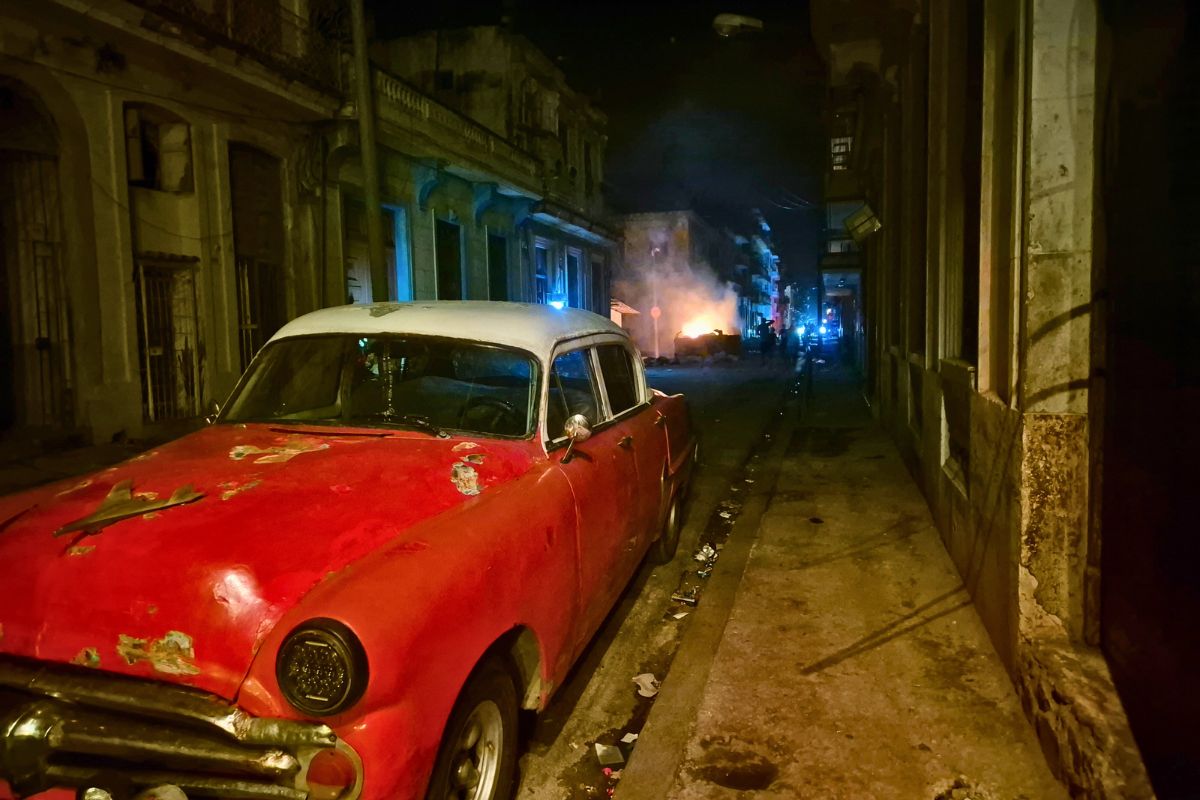Updates on the power outage in Cuba claim the island is slowly recovering and regaining electricity. The Associated Press reports Cuba’s capital, Havana, has partially received power. According to the source, authorities stated on October 21 that about 80% of the city had sporadic power. Energy Minister Vicente de la O Levy allegedly wants electricity restoration by October 22.
“We are devoting absolute priority to addressing and solving this highly sensitive energy contingency,” President Miguel Díaz-Canel noted on X on October 18. “There will be no rest until its restoration.”
What Impact Has The Power Outage And Hurricane Oscar Had On Cuba?
On October 17, a widespread blackout reportedly impacted around 50% of the country. The power outage allegedly spread throughout the country by the following morning, leaving nearly 10 million without electricity. The power grid shutdown is said to have stemmed from a failure at the Antonio Guiteras thermoelectric plant. The October 18 blackout is reportedly the worst since what was caused by Category 3 Hurricane Ian in 2022.
Hurricane Oscar’s recent October 20 onslaught has also impacted Cuba’s electrical woes. The latter hurricane has allegedly killed at least six people in the small Caribbean nation. Reuters reported that the country’s electrical grid shut down on October 20 for the fourth time in 48 hours. Schools were canceled until October 23.
The large-scale blackout has caused protests in Havana by those dissatisfied with the government’s handling of power outages and resource shortages in Cuba. Reuters reported “a heavy police presence” in Havana and “pot-banging protests,” or “cacerolazos,” in the city’s outskirts.
“We are not going to accept nor allow anyone to act with vandalism, much less to alter the tranquility of our people,” President Diaz-Canel said about the protests.
“It is Cuban culture to cooperate,” O Levy separately told reporters. “Those isolated and minimal incidents that do exist, we catalog them as incorrect, as indecent.”





